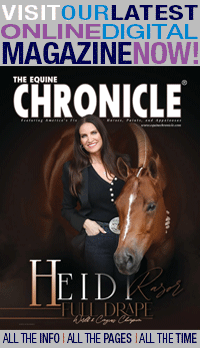A Home for a Horse: Putting Your Bedding Questions to Rest
June 11, 2024 Comments Off on A Home for a Horse: Putting Your Bedding Questions to Rest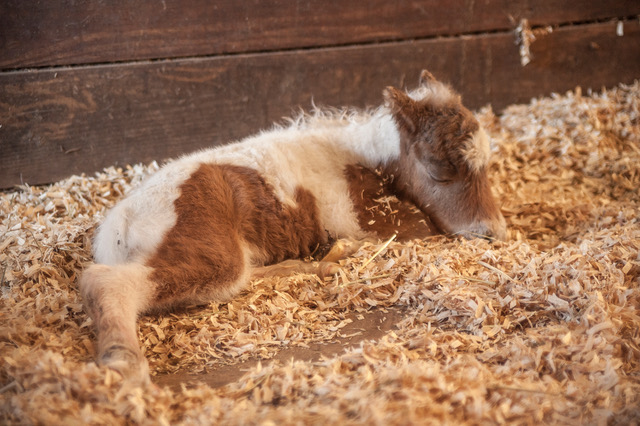
From Kentucky Equine Research: Are you mulling over your horse’s stall maintenance, wondering which bedding is healthiest and offers the best bang for the buck? You’re not alone. Equine scientists recently compared three types of bedding in three critical categories—ammonia emissions, cost, and mucking out time—to help horse owners choose the best bedding. Bedding materials serve many […]
Continue reading …Assessing the Impact of Blindfolding on Equine Handling
May 28, 2024 Comments Off on Assessing the Impact of Blindfolding on Equine Handling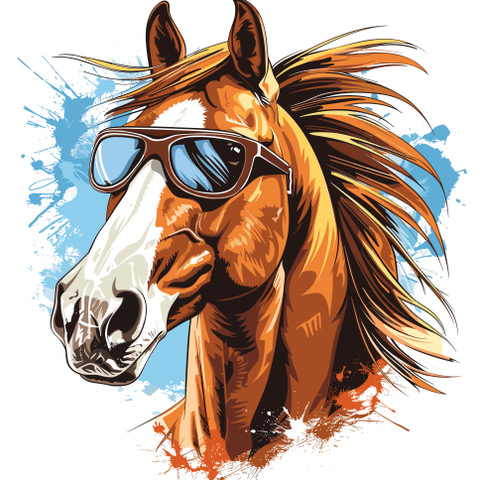
From Equine Science Update: Blindfolding horses is thought to make them easier to handle in stressful situations. By covering their eyes, blindfolds can reduce distractions that might make them anxious, especially in new or tense environments. However, there has been limited research in this area so far. A study conducted by Caleigh Copelin, Bryn Hayman, […]
Continue reading …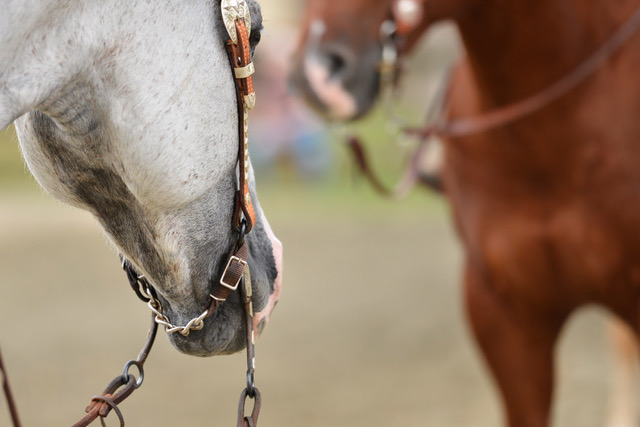
From Equine Science Update: A recent report suggests that a more pro-active approach to melanomas in horses could bejustified. Melanomas are common in horses. They are usually found underneath the dock of the tail, in the anal, perianal and genital regions, and on the lips, eyelids, and sometimes around the salivary glands. Typically, they present […]
Continue reading …AVMA And AAEP Praise Strengthened Regulations On Horse Soring
May 23, 2024 Comments Off on AVMA And AAEP Praise Strengthened Regulations On Horse Soring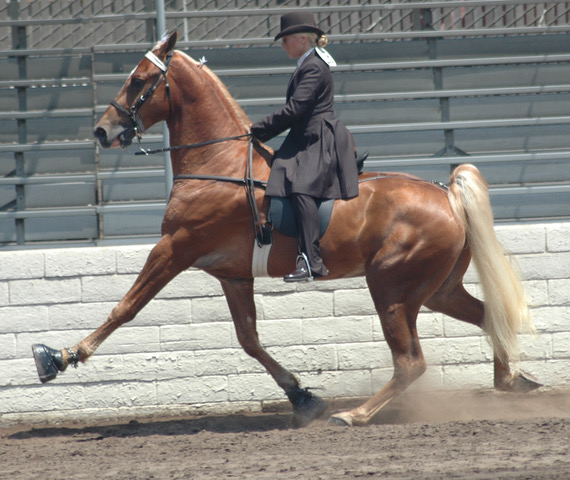
From AAEP: The U.S. Department of Agriculture’s Animal and Plant Health Inspection Service (APHIS) announced strengthened Horse Protection Act regulations that would help deter horse soring and maintain horse welfare. The American Veterinary Medical Association (AVMA) and the American Association of Equine Practitioners (AAEP) have long sought and advocated for the end of the cruel practice of […]
Continue reading …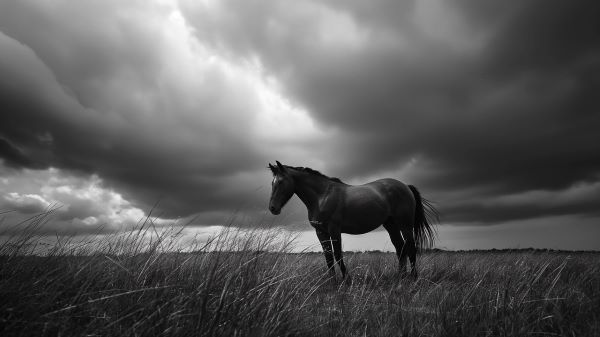
From Valley Vet: “Our risk for severe weather and some tornadoes has gotten enhanced for tomorrow – can you give me about 10 minutes? I’ve got to get a forecast out,” News on 6 Chief Meteorologist, and rancher, Travis Meyer asked over the line. It’s storm season in the heartland. A meteorologist of more than […]
Continue reading …KER Answer Exchange – Yearling Growth
May 6, 2024 Comments Off on KER Answer Exchange – Yearling Growth
From KER: In last week’s Kentucky Equine Research Answer Exchange, their nutritionist provides a recommendation for a horse owner looking to help a yearling gelding grow without risking joint problems. Question I have a yearling gelding that I handle daily but ask nothing from in the way of exercise. He weighs 630 lb (290 kg) […]
Continue reading …Functional Anatomy of the Horse Foot
May 3, 2024 Comments Off on Functional Anatomy of the Horse Foot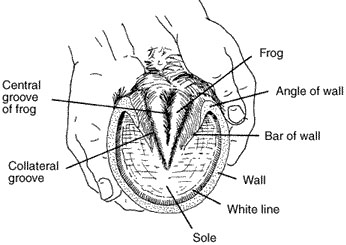
From University of Missouri Extension: Robert C. McClure Department of Veterinary Anatomy College of Veterinary Medicine A horse’s hoof is composed of the wall, sole and frog. The wall is simply that part of the hoof that is visible when the horse is standing. It covers the front and sides of the third phalanx, or […]
Continue reading …Will Your Hospitalized Horse Survive Diarrhea?
April 29, 2024 Comments Off on Will Your Hospitalized Horse Survive Diarrhea?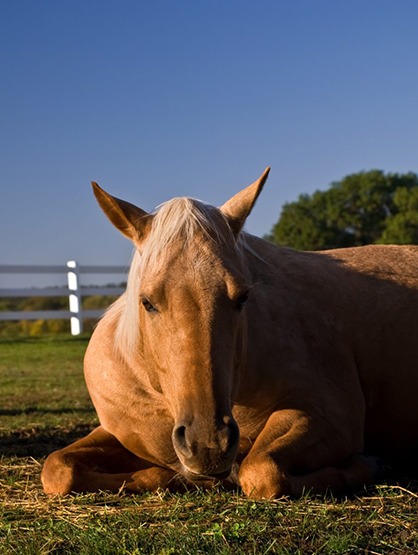
By Kentucky Equine Research Staff: If your horse is ever hospitalized for colitis (diarrhea), the good news is that there is a 76% chance of survival. If it develops laminitis, however, the chance of survival plummets to 50%. Survival can further be predicted based on blood L-lactate and creatinine, as well as the presence of systemic inflammatory […]
Continue reading …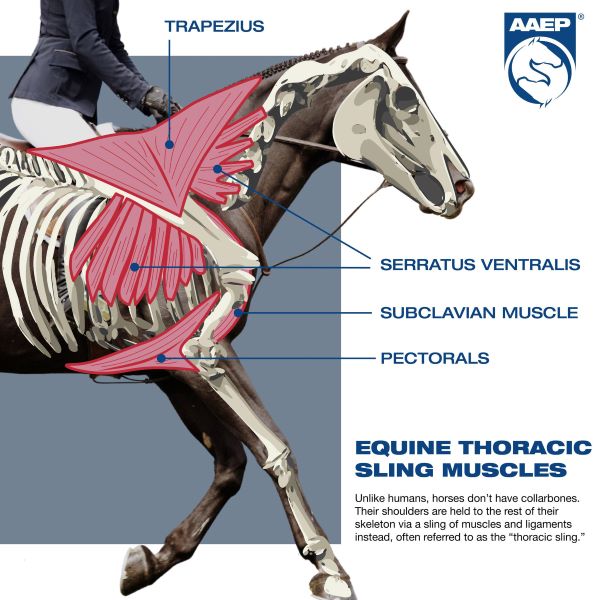
By the AAEP Horse Owner Education Committee: Unlike humans, horses don’t have collarbones. Their shoulders are held to the rest of their skeleton via a sling of muscles and ligaments instead, often referred to as the “thoracic sling.” Why is this important? We often ask our equine athletes to perform complex movements that require […]
Continue reading …Pasture Management: Plan Now to Avoid Buttercups
April 11, 2024 Comments Off on Pasture Management: Plan Now to Avoid Buttercups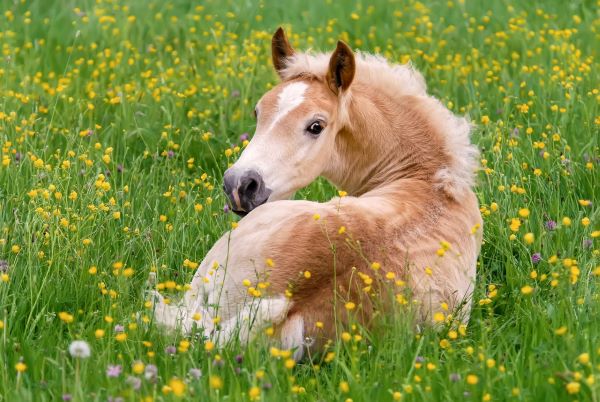
From Kentucky Equine Research: The image of a pasture laden with the dainty yellow flowers known as buttercups (Ranunculus spp.) may seem picturesque, even peaceful, to some people. For horse owners, however, a proliferation of buttercups signifies pastures may be past their prime and in need of restoration. When maintained properly, pasture can provide horses with […]
Continue reading …